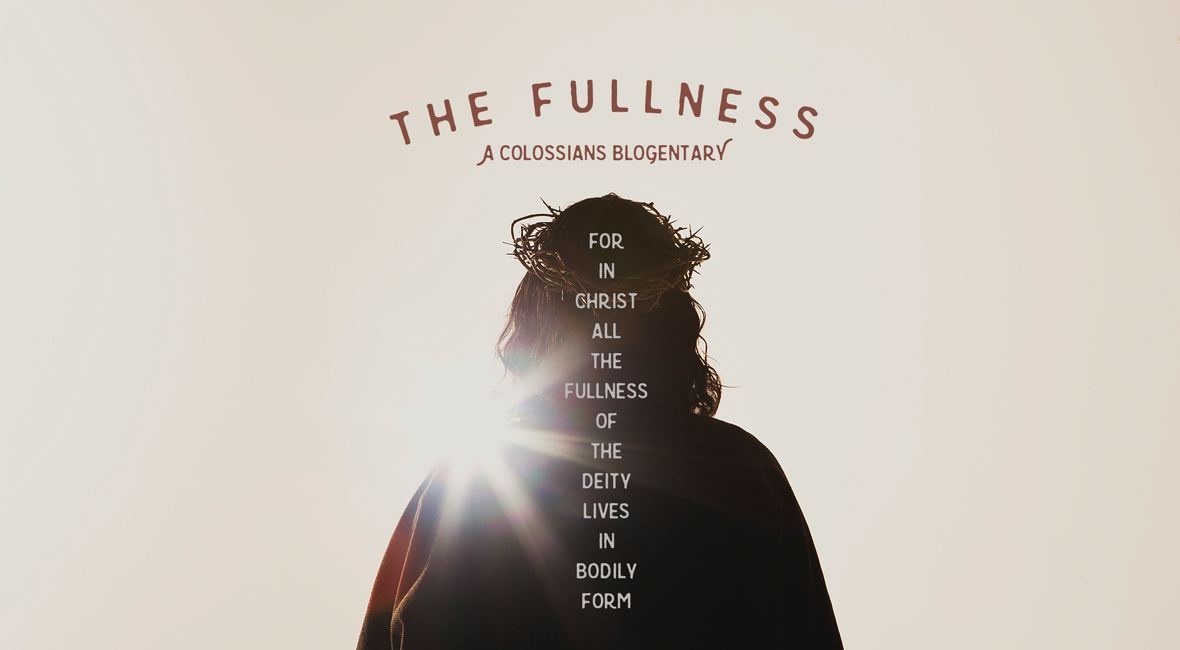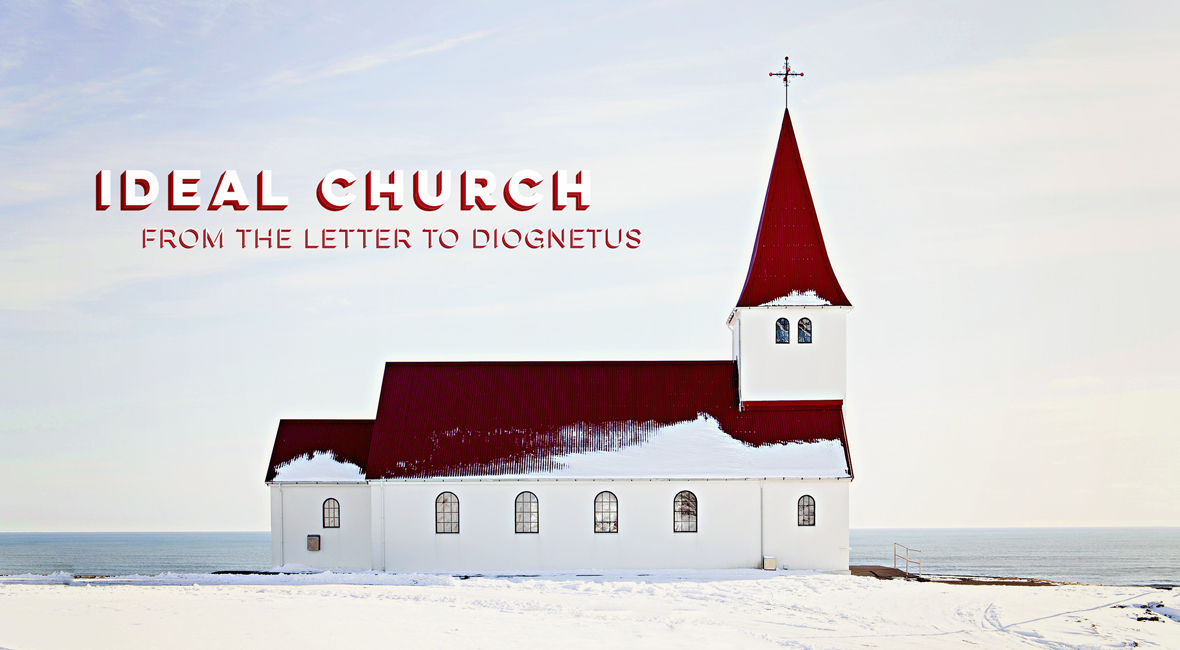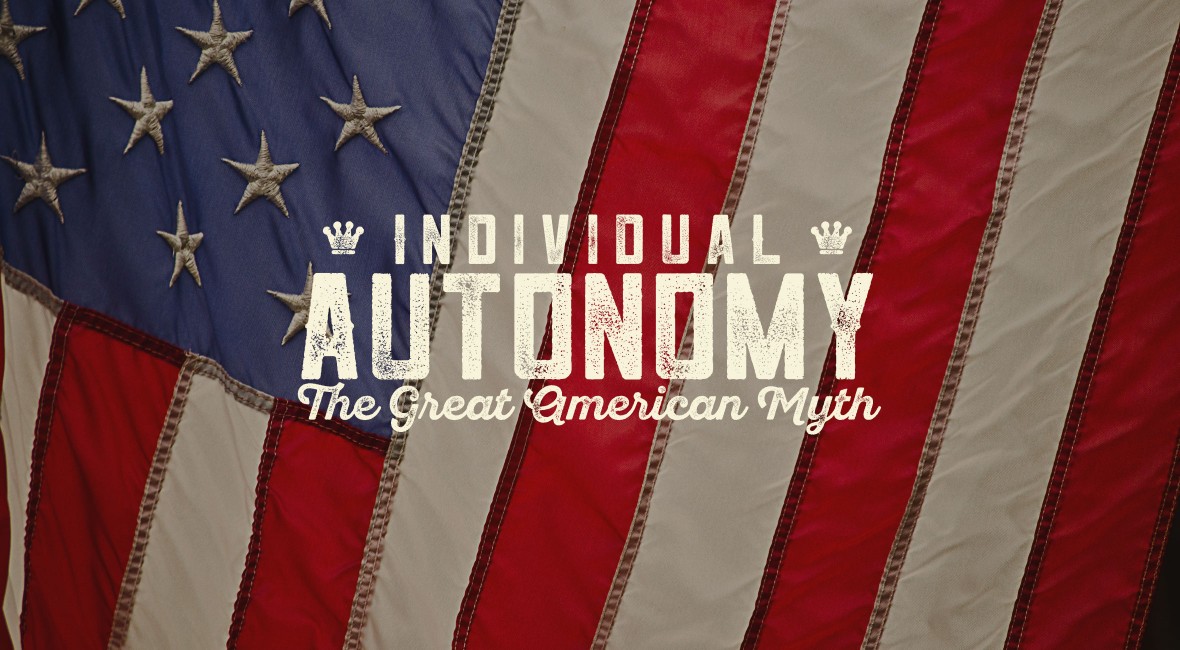Note: A blogentary is a “blogged commentary” on a book of the Bible. I am writing this blogentary on the epistle to the Colossians. My hope is that this commentary will be useful and encouraging to those ministers and laypeople who discover it. Subsequent posts will deal with small portions of the text, and will appear as I am able to finish them.
Introduction
Authorship
Maybe you didn’t know that certain books of the Bible have what scholars call disputed authorship. Lucky you. As it turns out, Colossians is one of those books. Traditionally attributed to Paul, the authorship of this letter has come under significant scrutiny in the past two centuries. Scholars point to differences of style and theology in Colossians (as well as Ephesians) when they compare it to the no-doubt-written-by-Paul books like Romans and 1 Corinthians. What are we to make of this? Is Colossians so obviously different from Paul’s certified letters that it’s possible he didn’t write it? And if he didn’t write it, what does that mean for us? What does it mean for the integrity of the New Testament?
We could just throw up our hands and say, “Well, it’s in the Bible, and I trust that God wouldn’t let anything get into the Bible that’s not supposed to be there. At the end of the day, it doesn’t really matter who wrote what. The Spirit inspired it. God included it. I believe it.” We could say that, but there’s really no reason to concede the authorship issue.
N.T. Wright has come to conclude that “the main reason why Ephesians and Colossians have been regarded as non-Pauline is because they fly in the face of the liberal protestant paradigm for reading Paul which dominated the scholarly landscape for several generations, but which has been undermined from more or less all sides over the course of recent decades.”[i] In other words, Colossians doesn’t fit the liberal template created in the 19th century. So rather than adjusting the template to allow for Colossians, the letter has been discarded as “non-Pauline.”




